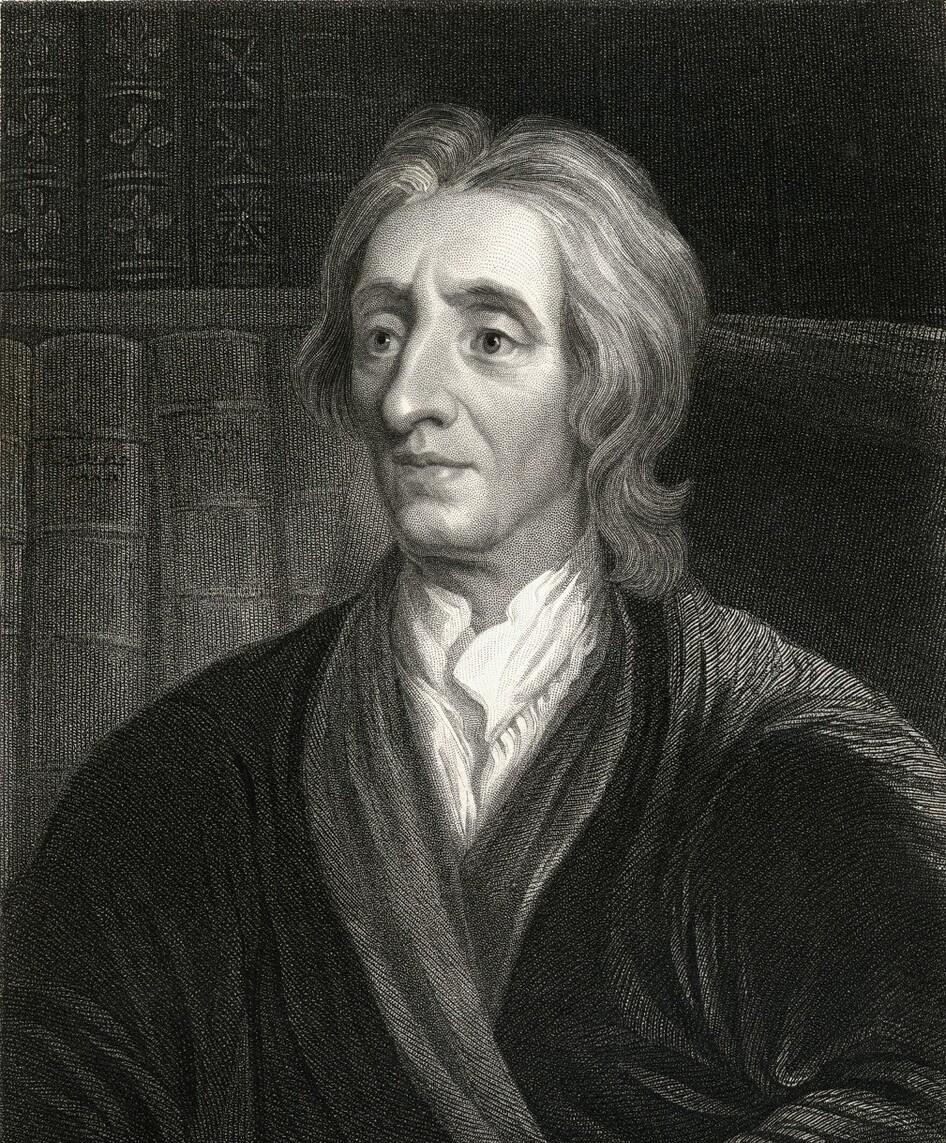The English philosopher John Locke (1632-1704) has had an important influence on the history of human thought since modern times. The slogan of "freedom, equality, fraternity" shouted by the French Revolution came largely from Locke, and the "separation of powers" doctrine prevailing in the West also originated from Locke.

Marx, the teacher of the revolution, spoke highly of Locke, calling him "the representative of the emerging bourgeoisie in all its forms."
Locke was concerned with property issues and laid down a fundamental position in defending private property. Whether for critical or learning purposes, it is worth knowing this idea of Locke.
In the context of Western religious thought, it was previously believed that property could only be owned by the monarch. In the words of Chinese: Under the whole world, there is no royal land.
Why do you think that? Because God created the world and created the first man, Adam, God gave the world to Adam, and the world was Adam's. Through the primogeniture system, Adam passed on the ownership of the world to future monarchs, so that the world was sovereign.
However, Locke disagreed with this view that the monarchy was divinely granted and that the monarch owned it. He proposed that the world is common to all mankind. God gave the world to Adam, but not just to Adam alone, but to all of humanity.
Since the world is shared by mankind, how can private property be possible? Locke's answer was that labor constituted private property.
Locke was the founder of the labor theory of value, arguing that "it is labor that makes everything different in value."
Labor transforms the public objects of nature into personal property, giving exclusivity to private property.
For example, if Zhang San kinds of wheat, beats flour, and finally makes a bowl of noodles, then the ownership of this bowl of noodles is Zhang San's. Because this is Zhang San's labor creation, only Zhang San has the right to own, and no one else has the right to own.
In Locke's view, man's ownership of his own personality is a natural right. This right requires only self-confirmation and no consent from others.
From this point of view, those who do not have independent will in the relationship of personal attachment, those who accept that "the king calls the subject to die, the subject has to die, and thank the Lord for his grace", those who are accustomed to kneeling and do not want to stand up alone, are essentially impersonal people.
All obedience and submission, with the consent of the obedient subject, are renunciation of one's own personality.
Locke said in His Treatise on Government: "Every man has one ownership right over his own person, and no one but him has this right." The human body here also refers to the "person" (personality).
Man has ownership of his property because it is the result of his own labour; man has ownership of the products of his own labour because labour is the act of his own personality; and man has ownership of the actions of his own personality and its products because he has ownership of his own personality.
So, Locke points out:
"Although the things of nature are common to man, man is his own master, the owner of himself and of his own actions or labor, and he himself has the basic basis of property."
In other words, man's ownership of his own personality determines his ownership of things and property.
Locke's argument for private property consists of two levels: the principle of labor, the property created by individual labor determines that property belongs to the individual; the second is the principle of self-ownership, in which man has his own personality and its products, which is a natural right.
This argument, from "self-ownership" to "labor principles" to "private property," laid the fundamental philosophical foundation for private property.
On the one hand, it has the significance of ideological emancipation and promotes the rise of modern society; on the other hand, it also lays the groundwork for labor exploitation. This is because self-ownership, while inalienable, can be granted.
As long as the person who has his own personality agrees, he can sell his labor and the value he creates. Although Locke had no intention of defending wage labor, the subsequent socio-economic development of the West led to unequal results.